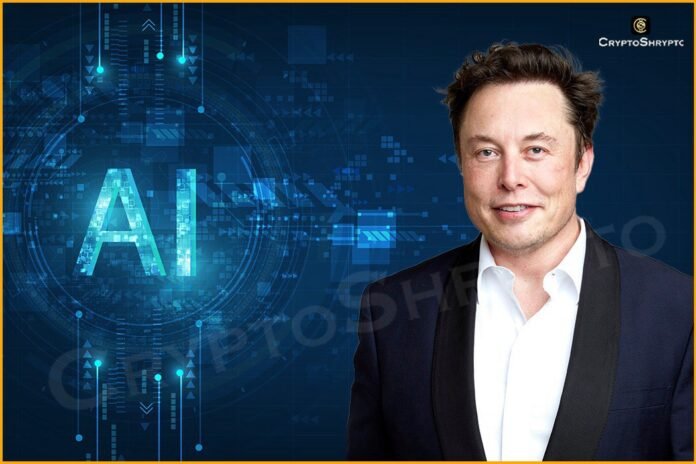Elon Musk has once again stirred the AI conversation with bold claims about the future of artificial intelligence (AI) in a recent interview with CNBC’s Andrew Ross Sorkin. The interview delved into recent lawsuits against Musk’s AI competitors regarding alleged copyright infringement.
When asked about OpenAI’s claim that they don’t train on copyrighted data, Musk bluntly stated, “Yeah, that’s a lie.” While OpenAI acknowledges training on copyrighted material, they argue it falls under “fair use” within U.S. law.
Musk, undeterred by legal challenges, dismissed the lawsuits’ relevance, asserting that a “digital god” would make them inconsequential. He speculated, “By the time these lawsuits are decided, we’ll have a digital god. So, you can ask the digital god at that point. Um. These lawsuits won’t be decided on a timeframe that’s relevant.”
Musk’s mention of a “digital god” implies a superhuman intelligence or artificial general intelligence (AGI), suggesting it will emerge within the next three to five years. He has previously claimed that Google’s Larry Page sought to build a “digital god” and asserted that “our digital god is a .CSV file.” This aligns with Musk’s prediction that AGI could arrive before 2030, a forecast met with skepticism from many experts.
Notably, Musk has been challenged to a $500,000 bet by AI experts, including NYU professor Gary Marcus, who argue that AGI won’t materialize by 2030. Musk has yet to respond to the wager.
The Tesla and SpaceX CEO’s audacious statements underscore his confidence in the rapid evolution of AI, envisioning a future where a digital superintelligence could render conventional legal processes obsolete. As the debate surrounding the ethical implications and societal impacts of advanced AI continues, Musk remains a provocative figure in the technological landscape.




